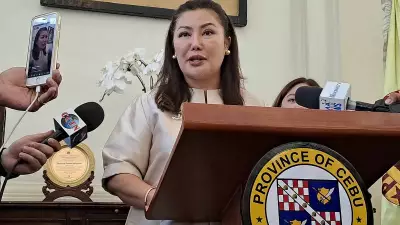
In a move that could reshape Philippine fiscal governance, Senator Francis 'Chiz' Escudero has proposed a radical consolidation of all government budgets into a single national appropriations act. This sweeping reform would fundamentally alter how funds flow from the national treasury to local government units across the archipelago.
The Core Proposal: Unified Fiscal Management
Escudero's vision involves integrating the budgets of local government units (LGUs) with the General Appropriations Act (GAA), creating a comprehensive financial blueprint for the entire country. The veteran senator argues this approach would eliminate redundancy, enhance coordination, and ensure more efficient use of public funds.
'Why not include the local budgets in the General Appropriations Act so we will have a single budget for the entire country?' Escudero questioned during a recent Senate session, challenging conventional fiscal practices that maintain separate budgeting processes for national and local governments.
Addressing Constitutional Concerns
While acknowledging potential constitutional hurdles, particularly regarding local autonomy guarantees, Escudero maintains his proposal remains within legal bounds. He emphasizes that the Internal Revenue Allotment (IRA) - the automatic funding allocation for LGUs - would remain untouched and constitutionally protected.
The senator clarified that his plan focuses on presentation and consolidation rather than redistribution of existing fiscal allocations. This distinction aims to address concerns about undermining the financial independence of local governments.
Practical Implementation Challenges
The proposal faces significant logistical hurdles, including the coordination of budget submissions from over 1,700 LGUs nationwide. Escudero suggests that the Department of Budget and Management (DBM) could establish standardized templates and submission deadlines to streamline the process.
This centralized approach, he argues, would provide Congress with a complete picture of government spending while maintaining the operational independence of local government units in implementing their programs.
Broader Implications for Governance
If implemented, this reform could transform how Filipinos perceive government spending and accountability. A unified budget would offer unprecedented transparency, allowing citizens to track every peso from national allocation to local implementation.
The proposal comes amid ongoing debates about fiscal efficiency and the balance between centralized planning and local decision-making in the Philippines' complex governance structure.





